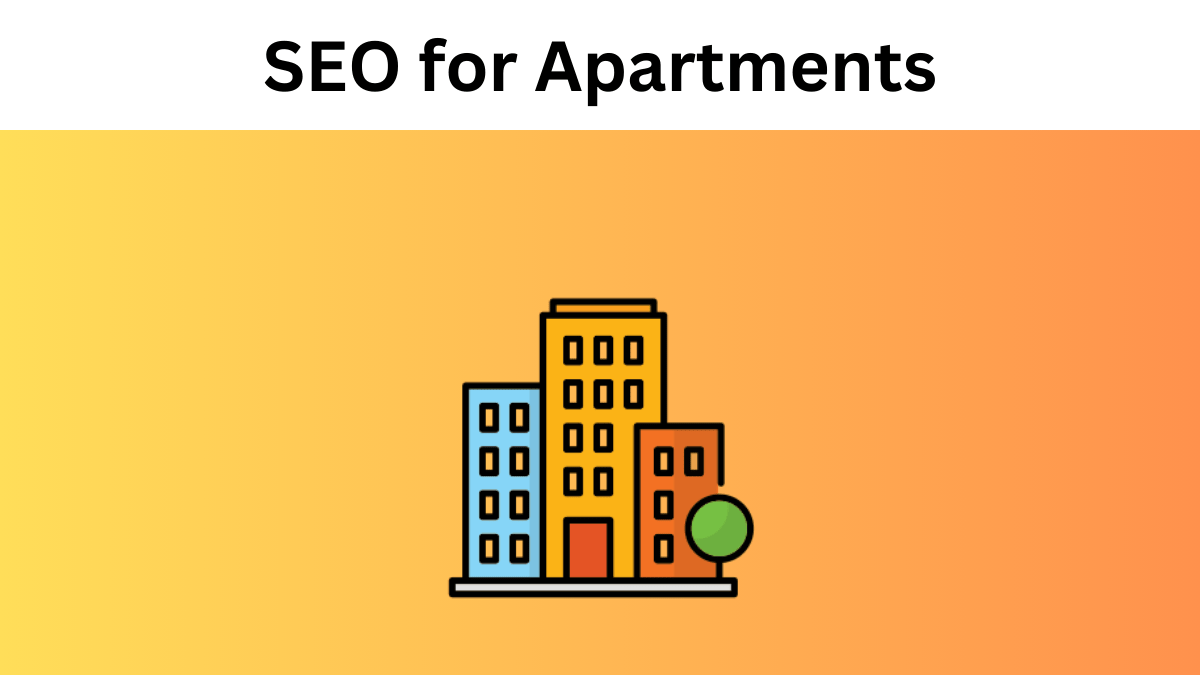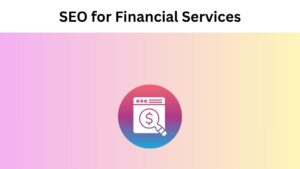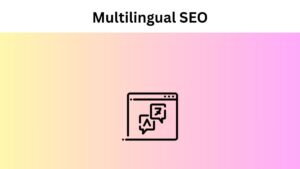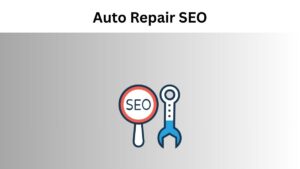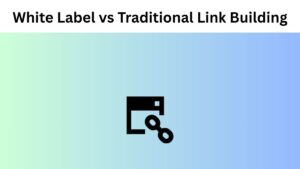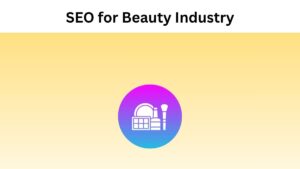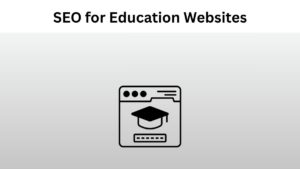Having an online presence is crucial for apartment communities looking to attract renters in today’s digital world. what is SEO for apartments, and how do you get your building’s website to rank high in Google search results? Most prospective tenants start their housing search online, utilizing search engines like Google to find available rentals in their desired location.
If your apartment community’s website doesn’t show up prominently in these searches, you’re missing out on connecting with potential residents. That’s where search engine optimization (SEO) comes in.
Implementing SEO best practices allows you to improve your website’s visibility in search results, helping drive more qualified traffic that converts into leases. This comprehensive guide covers everything apartment owners and property managers need to know about optimizing SEO.
What is SEO and Why it Matters for Apartment Marketing
SEO stands for search engine optimization. It refers to strategies and techniques that aim to increase a website’s rankings in search engines like Google, Bing, and Yahoo.
The higher your website ranks for relevant searches, the more visibility it will have in search results. Top-ranking pages tend to get the most search engine traffic.
For apartment websites specifically, the goal is to rank highly when prospective renters search for terms like:
- “apartments in [city]”
- “[neighborhood] apartments”
- “pet-friendly apartments [city]”
- “[amenity] apartments near me”
Ranking for branded searches that include your apartment community’s name is also important. You want to dominate the first page when searchers look up your property’s name.
High visibility for these types of keyword searches will drive more qualified traffic to your site. Your website becomes more discoverable to people actively looking for an apartment to rent in your area.
SEO helps you connect with prospective residents during the research phase of their rental journey. It topically puts your property in front of renters right when they’re searching for housing options. This allows you to make a great first impression and get them to explore your website further.
Without solid SEO, your property won’t even be on the radar of most prospective renters’ online housing searches. They simply won’t find you.
Key Factors That Impact Search Rankings
SEO optimization involves both on-page and off-page factors that influence search rankings. Here are some of the most important elements to focus on:
On-Page SEO
- Site speed – Faster load times improve rankings. Optimize images, minify code, and use a CDN to improve performance.
- Mobile optimization – Websites need to be mobile-friendly and responsive to rank well. Implement a mobile-first index.
- Keyword optimization – Include target keywords in titles, headers, content, URLs, alt text, etc. Avoid over-optimization.
- Schema markup – Include schema like LocalBusiness to enhance how search engines interpret your content.
- Internal linking – Link to related content to establish relevancy and improve crawlability.
- Media – Include photos, videos, and virtual tours to improve engagement. Optimize with alt text.
- Content – Produce regular blog content and long-form pages that appeal to searchers.
- Technical SEO – No broken links, correct use of tags, efficient code, and site indexing.
Off-Page SEO
- Quality backlinks – Earn backlinks from relevant sites to signal authority to search engines.
- Local listings – Create and optimize Google My Business, Apple Maps, and other profiles.
- Social media – Be active on platforms like Facebook and Twitter. Link to your content.
- Reviews – Generate more positive online reviews. Respond professionally to negative ones.
- Branded searches – Use pay-per-click ads to dominate branded keyword searches.
- Reputation – Monitor mentions, reviews, and directories for incorrect NAP or outdated info.
Also Read: Investing in the Property During Covid-19 Pandemic
6 Essential Tips SEO for Apartments Websites
While SEO can seem overwhelming, these actionable tips will help you enhance your website’s search visibility:
Improve website speed
Site speed is a ranking factor. Faster sites tend to outperform slower ones. Use tools like Google PageSpeed Insights and Pingdom to diagnose speed issues. Compress images, enable browser caching, minify CSS/JavaScript, and upgrade to a better web host to optimize performance.
Optimize for long-tail key phrases
Target longer, more specific phrases like “pet-friendly studio apartments downtown.” These have lower competition so are easier to rank for than short terms like “apartments downtown.” Include long tails naturally in page titles, content, alt text, etc.
Produce local SEO content
Create blog posts and long-form pages optimized for terms like “apartments in [your city]” and “[your neighborhood] living guide.” Make content comprehensive, useful, and rich with location-based keywords.
Get reviews and manage reputation
Reviews influence local search rankings. Add review buttons to your site and politely request feedback from residents. Also, monitor review sites and directories for incorrect information.
Create engaging visual content
Videos, 3D tours, and high-quality photos help your site stand out while improving dwell time. Optimize media file names and alt text for keywords.
Fix technical issues
Check for 404 errors, broken external links, etc. Implement proper HTML tags, alt text for images, descriptive page titles and meta descriptions. This helps search bots properly crawl and index your site.
How to Conduct an SEO Audit of Your Apartment Website
An SEO audit lets you identify strengths as well as issues holding your website back from better search performance. Follow this process:
- Use tools like SEMrush and Ahrefs to analyze top-ranking competitors and see which keywords they rank for.
- Plug your URL into SEO crawlers like Screaming Frog to crawl your site and flag technical errors.
- Check page speed with Google PageSpeed Insights and GTmetrix. See how your site performs on desktop and mobile.
- Review your site’s meta titles, descriptions, headings, etc. and ensure keywords are used properly.
- Check Google Search Console data for crawling errors, indexed pages, top queries, and clicks.
- Analyze your link profile with Ahrefs or Majestic. Check for toxic backlinks you should disavow.
- See where your GMB listings, social profiles, and website rank for target searches.
- Use the above data to create a prioritized list of fixes and optimizations to implement.
SEO Website Best Practices for Apartments
Your website is the foundation of your SEO strategy. These best practices will set it up for search success:
- Make sure your site loads fast – Optimize images, enable caching, minify code, and upgrade hosting if needed.
- Implement responsive design – Use a mobile-first approach to ensure a quality experience on all devices.
- Include rich media – Videos, photo galleries, 3D tours, and floor plans boost engagement.
- Publish fresh content regularly – Blog posts and location-based guides help with local SEO.
- Structure pages around user intent – Tailor page content and architecture for what visitors want to achieve.
- Use keywords appropriately – Include them in titles, headers, meta, and content without over-optimizing.
- Provide detailed information – Thorough descriptions, amenities, policies, etc. establish E-A-T (expertise, authoritativeness, trustworthiness).
- Make site navigation intuitive – Implement useful menus, site search, tagging, breadcrumbs, and internal links.
- Follow technical SEO best practices – No broken links, proper use of tags, efficient code, and good site speed.
- Optimize for voice search – Use natural conversation language and longer-tail keywords.
Local SEO Tactics to Boost Visibility
Local SEO establishes your apartments as a prominent option for neighborhood searches like “apartments in Chelsea.” Tactics to improve local visibility include:
- Completing and optimizing Google My Business listing with keywords, photos, amenities, etc.
- Building citations on listing sites like Apartments.com, Zillow, Yelp, and niche rental platforms.
- Generating more positive online reviews. Actively manage your reputation.
- Creating content optimized for “[city] apartments” and “[neighborhood] rentals.”
- Sponsoring local events and partnering with local businesses.
- Getting mentioned in local publications like newspapers and city guides.
- Running paid ads on branded and hyperlocal searches.
Also Read: Local SEO Tools to Maximise Your Online Visibility
Ongoing SEO for Continued Improvements
Like other areas of digital marketing, SEO requires ongoing work. You can’t just optimize your site once and be done. Consistency is key for lasting results.
- Continuously produce fresh website content to satisfy searchers.
- Keep optimizing pages and addressing technical SEO issues as they arise.
- Monitor analytics and search performance to identify new opportunities.
- Stay on top of Google algorithm updates and adjust strategy accordingly.
- Research new tactics and implement ones that align with your goals.
- Competitor analysis allows you to see what others in your space are doing successfully.
By making SEO a consistent focus, you will notice steady improvements in your organic search traffic, leads, and conversions over time.
Conclusion
With the majority of prospective renters using search engines like Google to find apartments, SEO is essential for property visibility.
Optimizing your website and surrounding marketing channels for relevant keyword searches allows you to connect with tenants during their initial research process. This allows you to make a great first impression and stand out from competing properties.
Focus on critical on-page and off-page optimization factors like site speed, content quality, local listings, and reviews. Conduct regular SEO audits to identify areas for improvement.
Approach SEO as an ongoing effort, continuously tweaking and improving over time. With a comprehensive SEO strategy tailored to renters’ search behavior, you will boost qualified traffic to your website and leasing office.
FAQs:
Why is SEO important for apartment marketing?
SEO is critical for apartment websites because most people search online to find available rentals in their desired area. High rankings increase your visibility to prospective tenants searching for terms like “apartments in [city]” or “[neighborhood] rentals”. SEO brings qualified traffic to your site during the research phase of renters’ journeys.
What are some on-page SEO best practices for apartments?
On-page best practices include optimizing page speed, using target keywords appropriately, creating local-focused content, adding rich media like photos and videos, proper use of titles, headers, and meta descriptions, implementing schema markup, and following technical SEO guidelines.
How can I improve my apartment’s local SEO?
Tactics to boost local SEO include optimizing Google My Business listing, getting citations on rental listing sites, generating online reviews, creating localized website content, partnering with local businesses, getting mentioned in local publications, and running paid ads on hyperlocal searches.
What off-page factors influence apartment SEO rankings?
Important off-page factors are backlinks from relevant sites, positive online reviews, properly claimed and optimized local business listings, social media profiles, managing reputation by correcting or removing outdated NAP info, and dominating branded keyword searches through paid ads.
How often should I audit my apartment website’s SEO?
It’s good to conduct a technical and performance SEO audit of your apartment website every 3-6 months. This allows you to identify issues to fix or new optimization opportunities. More frequent spot checks of key metrics are also recommended.
Does SEO provide long-term results for apartment websites?
Yes, SEO can provide lasting results for apartments if it is treated as an ongoing process. New optimization opportunities will always arise as algorithms change and new tactics emerge. Consistently applying best practices allows sustainable growth in organic traffic and conversions.
What tools do I need for doing apartment SEO?
Useful tools for apartment SEO include SEMrush, Ahrefs, Screaming Frog, Google Search Console, Google Analytics, Google PageSpeed Insights, Pingdom, Moz’s SERP Snippet Optimization Tool, and more. Both free and paid tools are available.
Should I hire an agency to handle SEO for my apartments?
If you don’t have the in-house expertise, hiring an SEO agency that specializes in apartments can be worthwhile, especially for technical optimization. However, you can also learn and handle much of it yourself like content, local listings, and analytics.
Check out relevant guides for other local businesses, too:
